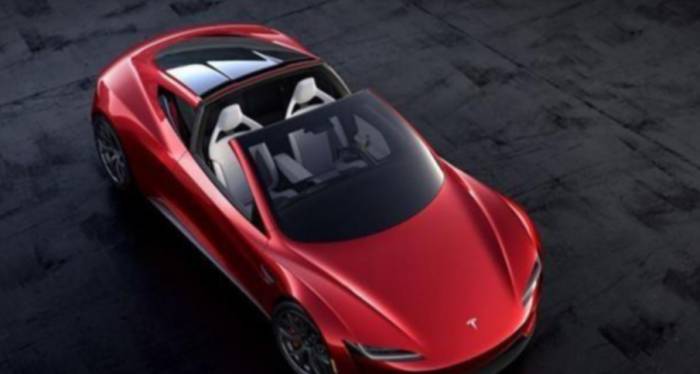69% Plunge: Top New Energy Firm Loses $5.3T in a Year
01, Loss of 5.3 Trillion
The United States has enacted an inflation reduction bill, aiming to attract new energy enterprises to the U.S., while also mobilizing a number of allies to besiege and block China's new energy vehicle industry.
However, it now appears that the U.S. new energy vehicle leader, Tesla, is the one that has fallen.
Recently, the company's stock price has continued to decline, with a cumulative drop of 68% so far this year.
The company's latest market value is only $355.9 billion, indicating that the sharp drop in stock prices has also led to a significant reduction in the company's market value, with a loss of 5.3 trillion yuan compared to the beginning of the year.
In contrast, China's BYD, although it has also experienced a decline this year, the drop in A-share stock prices is less than 5%,
Not only has it outperformed Tesla in stock price trends, but BYD has also completely outperformed Tesla in other operational data.
Under these circumstances, does the United States still want to challenge China's new energy?
02, Attraction through Subsidies
In recent years, China's new energy industry has achieved significant development, with strong support from the government, and technological levels are also rapidly improving. In particular, new energy vehicle brands led by BYD have seen their market share in China continue to rise, and their market position is becoming increasingly stable.It can be said that China has taken a leading position in the field of new energy, which is also the reason why the United States is very envious.
Advertisement
Therefore, the United States has introduced an Inflation Reduction Act, with the aim of using a large amount of money to attract more new energy industries to invest in the United States.
However, for companies that want to enter the United States, they need to consider how to obtain government subsidies and tax cuts from the United States. To earn this money, it is necessary to re-plan the procurement plan.
The U.S. government, through subsidies, "forces" them to choose their own team, leading to no country in the European Union or East Asia agreeing with this approach.
Because of this, the United States' ally, the European Union, was the first to stand up in opposition, with France and Germany even stating that Europe should also have its own Inflation Reduction Act.
03, Canada Regrets
At the same time, the United States has also successfully persuaded many allies to prevent the development of China's new energy industry.
Chinese new energy companies have not only achieved great success in development but also, with their unique strategic vision, started the layout of lithium mines early on and have invested in many lithium mines around the world.
Since lithium mines are mainly distributed in South America, Australia, and other places, our investment in lithium mines is also very important.
However, Canada has recently taken action to restrict Chinese companies from holding shares in Canadian lithium mining companies. The Canadian government suddenly asked these Chinese companies to give up related assets, obviously to restrict the development of China's new energy vehicles.04, Comparison between China and the US
However, all of these cannot prevent China from securing a leading position in the global new energy vehicle industry.
By comparing Tesla and BYD, the two leading new energy enterprises from China and the US, we can understand this.
The industry generally believes that the rise of Chinese new energy vehicle companies signifies the arrival of a new era of new energy vehicles distinct from the traditional fuel vehicle model.
BYD has already announced a comprehensive transition to new energy vehicles in March and ceased the production of fuel vehicles, demonstrating its confidence in new energy vehicles.
In June of this year, BYD's sales surpassed Tesla China for the first time. Since then, throughout the entire third quarter, its global sales significantly outperformed Tesla.

In just the third quarter, the global sales gap widened to 200,000 units, securing the number one position in the world.
At the same time, according to the latest data released by the China Passenger Car Association, China has accounted for about 70% of the global new energy vehicle market since July of this year.
And BYD is just one of the many brands in China; the Chinese market has now formed a complete industry chain, which is far beyond what the US can match.
Leave a comment